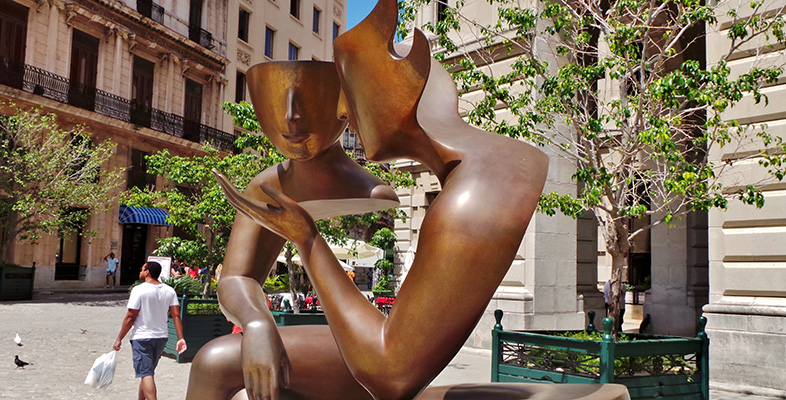3 What does it mean to practise social science?
3.1 Theorising situations
This course explores the processes through which we comprehend the world around us. When it comes to understanding and explaining the way that social life operates, social scientists draw from a conceptual tool kit, just as we possess a conceptual tool kit for watching a movie or as a spectator at any sports event. There are times when all human beings feel that something appears to be plausible or appears to be false and we are quite aware that others would disagree with our own point of view. We may wish to comment critically on the story-line of a film or make comparisons between a sports team's performance now and a similar event five or thirty years previously. In both of these everyday situations, we are using the same conceptual skills which are present in effective social scientific research. Theory is an essential part of the social sciences. Charles Lemert suggests that theory is a ‘basic survival skill’ (Lemert, 1993, p. 1) and perhaps it is best seen in this light, as a multifaceted Swiss army knife with a variety of uses and the possibility that we may use a particular tool in a new way to resolve a problem or meet a new challenge. Theory is an important component of all human practices, from mundane tasks to social scientific research.
Although theory works at a whole series of levels, there are common characteristics which can be identified in the things we do, from the most abstract to the most ordinary everyday levels. For instance, when you awake every morning you engage in a complex series of tasks of varying levels of complexity, ranging from brushing your teeth to finding your way to work. This means that you have to initiate a series of reflections about the world around you. Let's take the example of making your way to work. Generally, we do not see this as complicated or problematic until normality comes to a halt when you leave your means of payment at home by mistake or a public transport strike prevents you getting from A to B. When routines break down we have to theorise the situation we are in and plan our actions more carefully. All activities can have the appearance of being routine and untheorised but they still have a theoretical dimension. We simply take our theories of how the world works for granted, as unquestionably true. Similarly, the activities engaged in by social scientists can be just as habitual and routine, whether these involve the construction of an experiment in child psychology, the preparation of a list of questions for an interview, or the processing of data within a theoretical model of the economy or voting behaviour. Usually, it is only when these research tools no longer work that social scientists begin to rethink the assumptions behind them – and sometimes, not even then. In other words, social science involves a wide range of tacit assumptions which become so deeply embedded that it is hard even to identify them.
